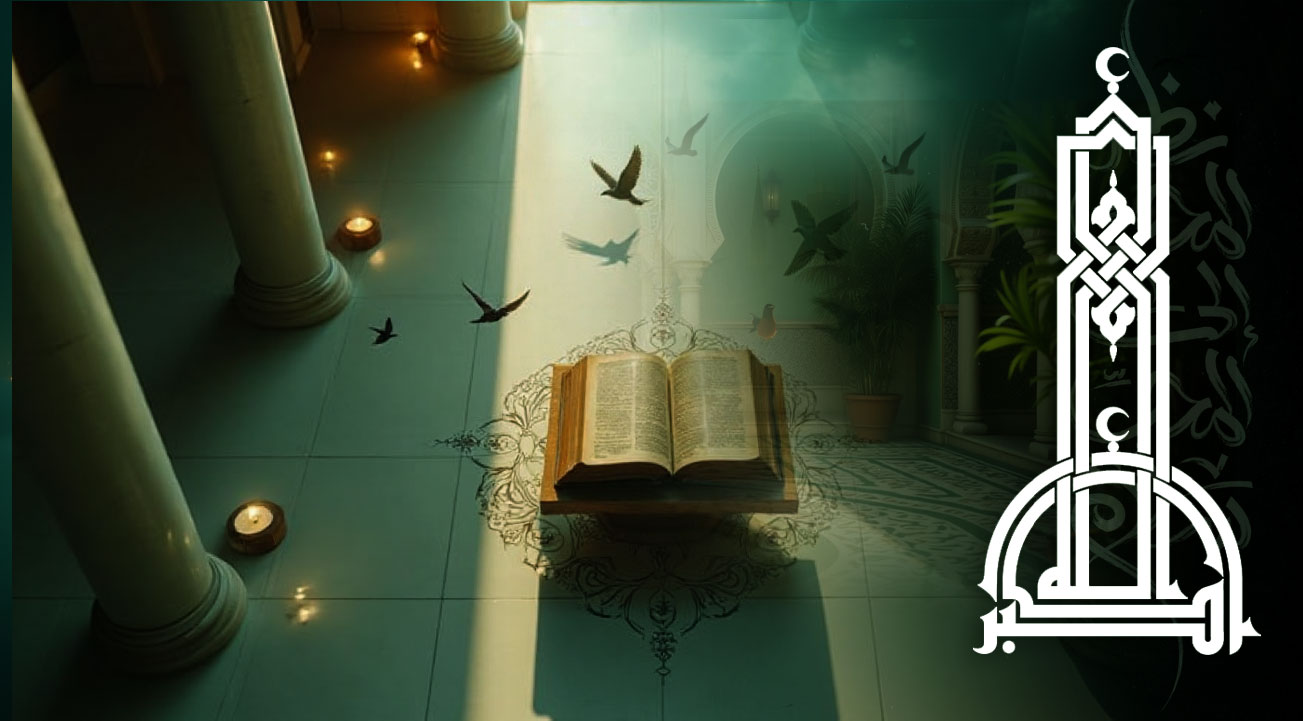Salaat, the Islamic prayer, is a constant, timeless rhythm that leaves believers rooted in the midst of the chaotic pace of modern life, when gadgets flicker incessantly and hearts can get overwhelmed. It is not only a set of moves or a ceremony. It is the return of the soul. A holy assembly. a heartfelt murmur that lets you know you’re not alone.
More Than a Pillar — The Lifeline of the Soul
Prayer is the most intimate of the five fundamental principles of Islam. The Great Journey is a once-in-a-lifetime experience, zakat is compassion, fasting is discipline, and shazadah is the proclamation. However, prayer? It is a bridge that links the servant to the Lord not just once, but several times a day; it is everyday, consistent, and intimate.
The Prophet Muhammad ﷺ described it beautifully when he said:
“The coolness of my eyes is in prayer.”
(Sunan An-Nasa’i)
This served as more than plainly poetry; it was his haven. “O Bilal, please us rest though it,” he would plead to Bilal when he was under a lot of stress.
To put it further: Call the Adhaan. Allow my soul to find a place of refuge.
The Sacred Invitation from Above
Prayer in Islam is not a demand; it’s an invitation. Allah says in the Qur’an:
“Establish prayer for My remembrance.”
(Surah Ta-Ha 20:14)
This is a startling realisation: Prayer is largely about remembering, not about form or obligation. “Establish pray so that I may remember you” is not what Allah says. “For My remembrance,” he says.
He is not the one who forgets. We are.
And prayer becomes the gentle tap on the shoulder of the heart, saying: “Come back.”
Every Heart Is Welcome
The fact that Islamic prayer accepts everyone—the lost, the tired, and the broken-hearted—is among its most astounding characteristics. To pray, you have no need to be flawless. All you have to do is be there.
You might feel impure. You might have made mistakes. But Allah is not waiting for perfection—He is waiting for sincerity.
“Prayer is not for angels, but for humans.”
– Shaykh Abdul Qadir Jilani
What Prayer Does for the Soul
Prayer has both spiritual and psychological benefits. Here are just a few of its virtues:
1. A Purifier of the Heart
Like bodily hygiene, which requires regular maintenance, the soul likewise builds dust from activities like with enmity wrath, and idleness. Five times a day, prayer purifies the soul. According to the Prophet ﷺ:
“The example of the five prayers is like a flowing river at your door. Would any dirt remain on a person who bathes in it five times daily?”
(Sahih al-Bukhari)
2. A Shield Against Evil
Allah says in the Qur’an:
“Indeed, prayer prevents immorality and wrongdoing.”
(Surah Al-‘Ankabut 29:45)
It reminds you of your identity: a servant of the Most Merciful. You carry that consciousness into your daily life.
3. A Divine Ladder
Prayer, according to Imam al-Ghazali, is “the ascension of the believer.” That’s when your spirit soars and your body bows.
Rumi put it even more poetically:
“In sujood, the forehead touches the ground, but the soul rises beyond the stars.”
Prayer as Love, Not Obligation
Prayer is more than just crossing things off a list. Falling in awe of the person who created you is the main objective. Abdul Qadir Jilani, Shaykh, urged:
“In prayer, seek not only reward. Seek the face of your Beloved.”
Prayer changes the moment you start to see this that way. Every bow turns into a surrender gesture. Every sujood turns into an expression of affection.
Five Appointments with the Divine
For Muslims, prayer schedules their entire day around Allah rather than their jobs, eating, or social gatherings. Every prayer period has a unique spiritual and emotional component:
- Fajr: The prayer of dawn—hope, renewal.
- Dhuhr: Midday pause—discipline, grounding.
- Asr: Late afternoon—reflection, gratitude.
- Maghrib: Sunset—return, family, softening.
- Isha: Night—intimacy, peace, closure.
Each time Allah invites you to step out of the world, and into His mercy.
Even the Earth Becomes Sacred
Did you know that any spotless area can be used for prayer in Islam? From the Prophet ﷺ:
“The earth has been made for me a place of prostration.”
(Sahih al-Bukhari)
Anywhere you pray—at an Islamic centre, on a towel at home, or in a peaceful area at work—it turns becomes a haven.
The Whisper That Changes Everything
And perhaps the most powerful part of prayer is this: You are heard.
Allah hears, even if your lips fall apart, your tears flow slowly, or you are unaware of what to beg for.
“I respond to the call of the one who calls Me…”
(Surah Al-Baqarah 2:186)
That is the power of prayer. That is the beauty of this connection.
Final Thoughts: Prayer is Your Return
In every day, there is noise. Deadlines. Distractions. Doubts.
But prayer is the call that cuts through all of it.
It is the light that binds heaven and earth together, and it is waiting for you to come back five times a day.
No matter how far you’ve drifted.
No matter how tired you are.
Just whisper “Allahu Akbar”—and you’re home.
📘 Want to Go Deeper Into the Beauty of Islam?
Check out this thorough yet approachable guide to Islam:
Written by Jamil Ahmed Sukhera, The New Muslim Guide
This book is perfect for:
- New Muslims who want a clear overview of Islamic practices
- Curious learners looking to understand the spiritual depth of Islam
- Anyone seeking to deepen their connection with Allah
🕌 Click here to read or download the book The_New_Muslim_Guide_By_Jamil_Ahmed_Sukhera[1].pdf


Sorry no comment yet.
Leave a comment